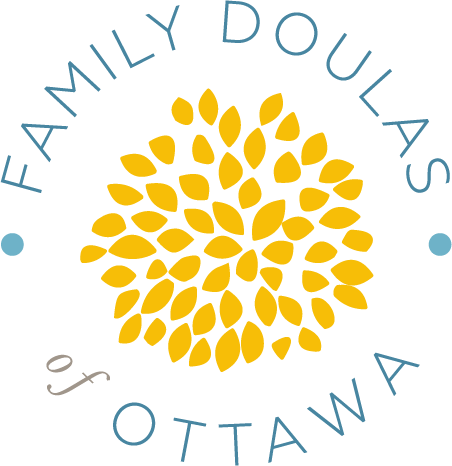When Depression Doesn't Look Like Depression
I was MAD. Not irritated, not a little mad, a LOT mad. I was in a rage. I wanted to yell and throw things. I might have even said the universe was out to get me. There was a lot of emotion happening in that moment.
Because I couldn’t find my bus pass.
It was a ridiculous thing to be so infuriated about, and normally it wouldn’t have bothered me in the slightest. So what was going on? Why was such a small inconvenience such a hurdle for me that day?
What was going on is that I had a 7-week-old baby.
I loved my son with every fibre of my being (still do, even when he rolls his eyes at me!), but the end of my pregnancy, my birth, and my first few weeks postpartum were pretty overwhelming and upsetting. I had a difficult birth and an even harder time healing due to a postpartum infection.
In fact, I had just finished my full course of antibiotics the week before and I was definitely not feeling all that healthy yet. Add sleep deprivation and breastfeeding difficulties on top of that, I was a volcano ready to erupt at any second.
And that is exactly what happened.
As I frantically searched and turned our entire apartment upside down looking for the bus pass, I could feel hot, bubbling rage boiling up inside me.
So I calmly walked into my baby’s nursery and laid him gently in his crib. I turned on the mobile he had above it and left, closing the door behind me. Then I walked into my bedroom, closed the door, and just cried big, ugly, angry tears.
And I knew that this wasn’t normal and I couldn’t go on living like this.
I needed help.
What no one had told me was that postpartum depression doesn’t always look like the sorrowful woman crying in front of a raindrop-covered window.
No one had told me that my traumatic birth experience and lingering physical recovery combined with my history of mild depression put me at an elevated risk of developing a postpartum mood disorder.
Unfortunately, I had to fight to get the help I needed. Although I had the support of my husband, I fell between the cracks of our medical system.
My GP at the time was also my son’s doctor. When I discussed my feelings and concerns, I was told that if I wanted to be treated for my depression, I needed to quit breastfeeding. Now, I knew that was categorically untrue, so two days later I bundled my baby and I up and took the long trip on transit to see my doctor for the second time that week. You see, I had done the research and found a program for new parents at the hospital I had given birth at!
I was weirdly excited about this program. In a way, that referral form felt like hope.
It took my doctor a week to send it, and that was only after a reminder call from me.
Then, the hospital declared I was out of their catchment area and did not qualify for the program.
With encouragement from my husband, I found other programs, printed the form, and went back to my doctor. I can only describe the response to those forms as resentment. I felt small like I wasn’t worth the time. It was a painful experience.
Finally, I was able to get help from a psychiatrist who specializes in perinatal mood disorders and she has been an incredible help. It was she who helped me to see that my birth experiences had caused Post Traumatic Stress Disorder. That the insomnia was caused by nightmares and flashbacks. That rage is a common symptom of PTSD and a not-uncommon one in depression and anxiety.
She helped me find a medication that worked for me.
She reminded me that I deserved to enjoy being a mom.
And when the postpartum depression, once again full of rage and frustration, hit me after the birth of my second, she was there to help me again.
For a long time, I felt ashamed that my depression had manifested as anger. What kind of a parent gets ANGRY after having a baby? I felt like the worst parent ever.
But I wasn’t the only one.
And I didn’t think those other parents were bad parents, just that they were struggling.
So I started extending the same courtesy to myself. I wasn’t a bad parent. I was struggling but getting help.
Depression doesn’t always look like tears. Anxiety doesn’t always look like never leaving the house. PTSD is not just something soldiers get.
If you are struggling, but you dismissed it because it doesn’t “look” like depression, please know that you are not alone. You don’t have to feel like this. Parenting is not sunshine and rainbows and unicorn farts every day, but the overall balance of parenthood should feel good. If it’s not, if you have more bad days than good, it’s time to reach out.





